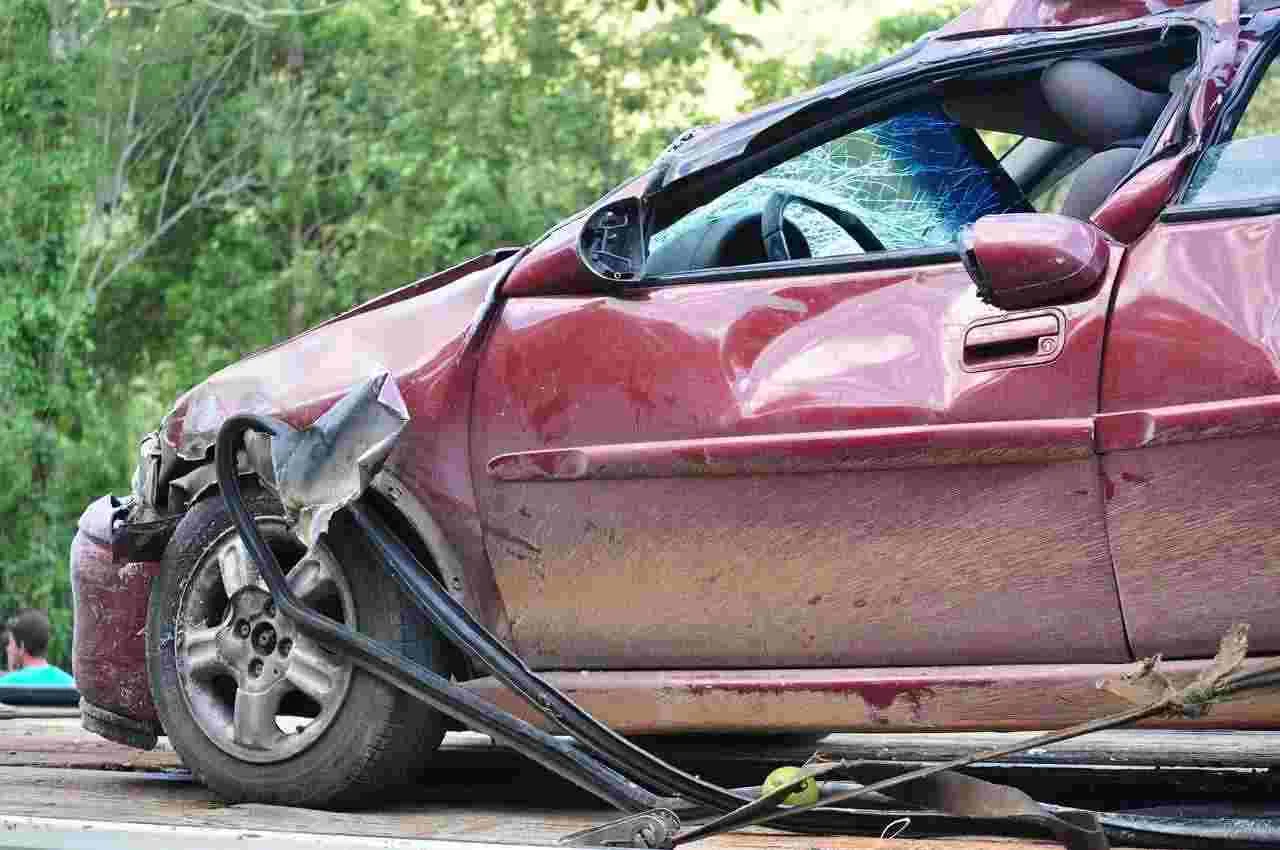How Weather Conditions Affect Liability in Alabama Car Accidents

Weather conditions can play a significant role in the occurrence and severity of car accidents in Alabama. Understanding how weather affects liability in car accidents is essential for both drivers and victims involved in these incidents. Let’s explore the various ways weather conditions can impact liability in Alabama car accidents and what drivers should be aware of to stay safe on the road.
Reduced Visibility
Heavy rain, fog, snow, or other adverse weather conditions can reduce visibility on the roads, making it more challenging for drivers to see other vehicles, pedestrians, and obstacles. In cases where reduced visibility contributes to a car accident, liability may be attributed to drivers who fail to adjust their driving behavior accordingly, such as driving at excessive speeds or following other vehicles too closely.
Slippery Road Surfaces
Wet or icy road surfaces resulting from rain, sleet, or snow can significantly increase the risk of accidents, particularly when drivers fail to adjust their speed or braking distance accordingly. In such cases, liability may be assigned to drivers who fail to exercise reasonable care and caution given the road conditions, such as driving too fast for the conditions or abruptly changing lanes on slick surfaces.
Hydroplaning
Hydroplaning occurs when a vehicle loses traction on a wet road surface and skids or slides uncontrollably. Hydroplaning accidents can occur suddenly and without warning, often resulting in collisions with other vehicles or roadside obstacles. Liability in hydroplaning accidents may be attributed to drivers who fail to maintain proper tire tread depth, inflate tires to the correct pressure, or reduce speed when driving in wet conditions.
Poor Weather Preparation
Drivers have a duty to ensure their vehicles are adequately prepared for driving in adverse weather conditions. This includes ensuring windshield wipers are functional, headlights and taillights are operational, tires are properly inflated and have sufficient tread depth, and brakes are in good working condition. Failure to adequately prepare for poor weather conditions may contribute to accidents and result in liability for the negligent driver.
Negligent Driving Behavior
In addition to adverse weather conditions, negligent driving behavior such as speeding, distracted driving, aggressive driving, or driving under the influence of drugs or alcohol can increase the risk of accidents, particularly in inclement weather. Drivers who engage in negligent behavior and cause accidents may be held liable for the resulting injuries and damages.
Evidence Collection and Documentation
In cases where weather conditions are a factor in a car accident, it’s essential to collect and document evidence to support your claim for compensation. This may include photographs of the accident scene, weather reports from the time of the accident, witness statements, and police reports documenting road conditions and contributing factors to the accident.
Legal Guidance and Representation
If you’ve been injured in a car accident in Alabama where weather conditions may have played a role, seeking legal guidance from an experienced personal injury attorney is crucial. An attorney can assess the circumstances of the accident, gather evidence to support your claim, and advocate for your rights to ensure you receive fair compensation for your injuries and losses.
Conclusion
By understanding how weather conditions can impact liability in car accidents and taking appropriate precautions, drivers can reduce the risk of accidents and protect themselves and others on the road. Additionally, seeking legal guidance after a weather-related car accident can help ensure your rights are protected and that you receive the compensation you deserve for your injuries and damages.